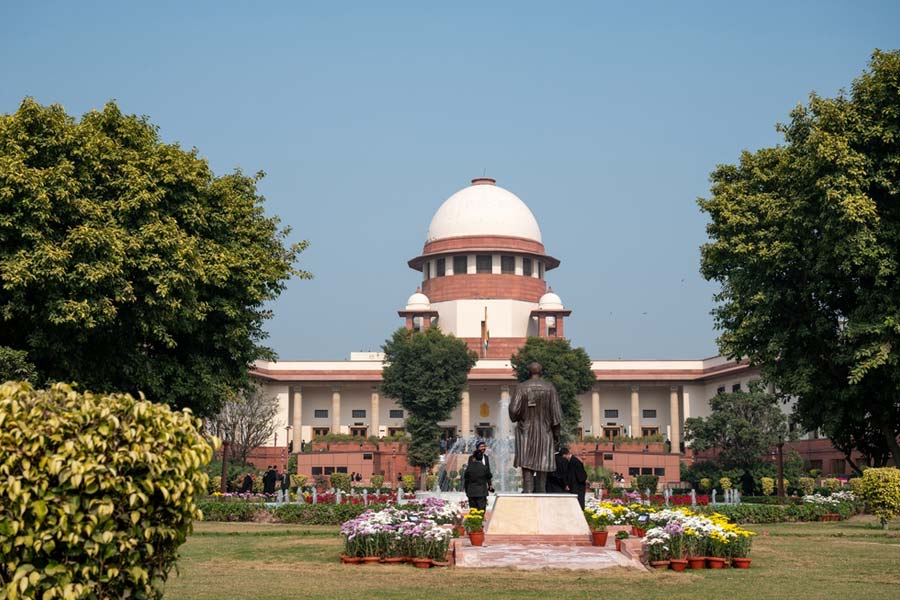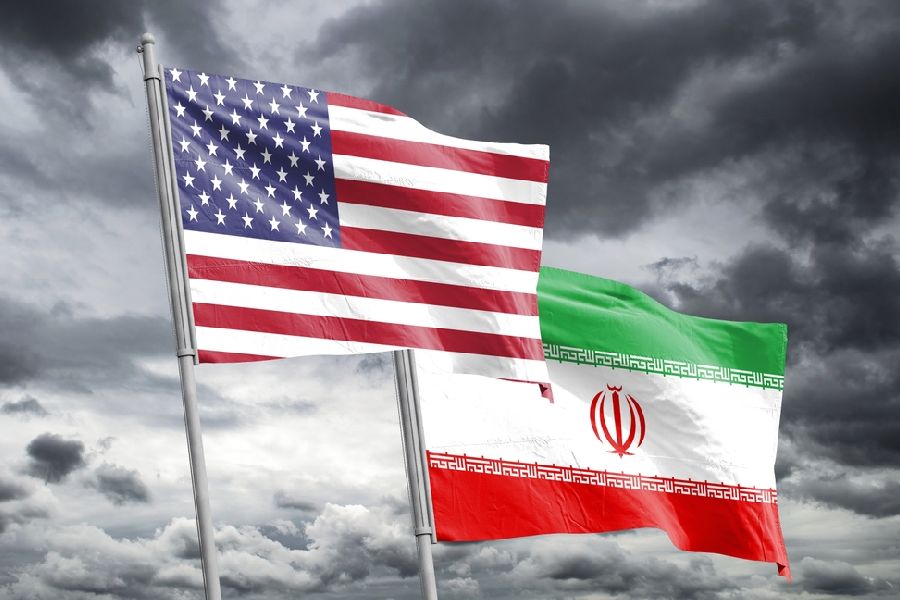The Supreme Court has ruled that private sector employers and employees are bound by the terms of the contract entered into, including the jurisdiction of the court where their disputes should be resolved, irrespective of the management being a “mighty lion” and the employee a “timid rabbit.”
A bench of Justice Dipankar Datta and Justice Manmohan passed the verdict while allowing the plea of HDFC Bank that the dispute relating to termination of two employees, Rakesh and Deepti working at Patna and Delhi respectively, should be decided at Mumbai, the bank’s headquarters in terms of the employment contracts entered into with the duo.
“A contract – be it commercial, insurance, sales, service, etc. – is after all a contract. It is a legally binding agreement, regardless of the parties involved or their inter se strengths... Contracts should be treated equally, without bias or distinction. The fact that one party is more powerful or influential (the mighty lion) and the other more vulnerable (the timid rabbit) does not justify making exceptions or distinctions in the application of contractual principles,” Justice Dipankar Datta who authored the judgment observed.
In this case, the Patna High Court had ruled the termination dispute relating to Rakesh can be decided only by a court in Mumbai in terms of the contract. In the case of Deepti, the Delhi High Court took a contrary view and ruled that courts in Delhi have the jurisdiction to determine the dispute.
“We may also emphasize that unequal bargaining power is not unique to contracts of personal service. In many areas, such as business, or commerce, or real estate, contracts may involve parties with dissimilar levels of strength, resources or negotiating power.... As and by way of illustration, we can cite instances where big builders subcontract a part of the development work entrusted to them to sub-contractors.
Such contracts too involve the mighty lion and, though not a timid rabbit, but a weak lamb. Based on the status of the parties, the latter cannot escape from the consequences if the former seeks to enforce a condition in the contract which the latter perceives is oppressive or the latter, refusing to perform any of its obligations considering it as onerous faces a lawsuit for breach of contract,” Justice Datta observed.
In this case services of Rakesh were terminated on 28th August, 2016 due to allegations of fraud and misconduct and services of Deepti were terminated on 31st May, 2017, also due to allegations of fraud and misconduct.
It has been contended by counsels appearing for the two employees that in an unequal battle between the mighty lion (employer) and the timid rabbit (employee), where the dice is heavily loaded from the inception against the employee, as such no embargo can be placed by a contract that the right to pursue legal remedy shall be confined only to Mumbai.











